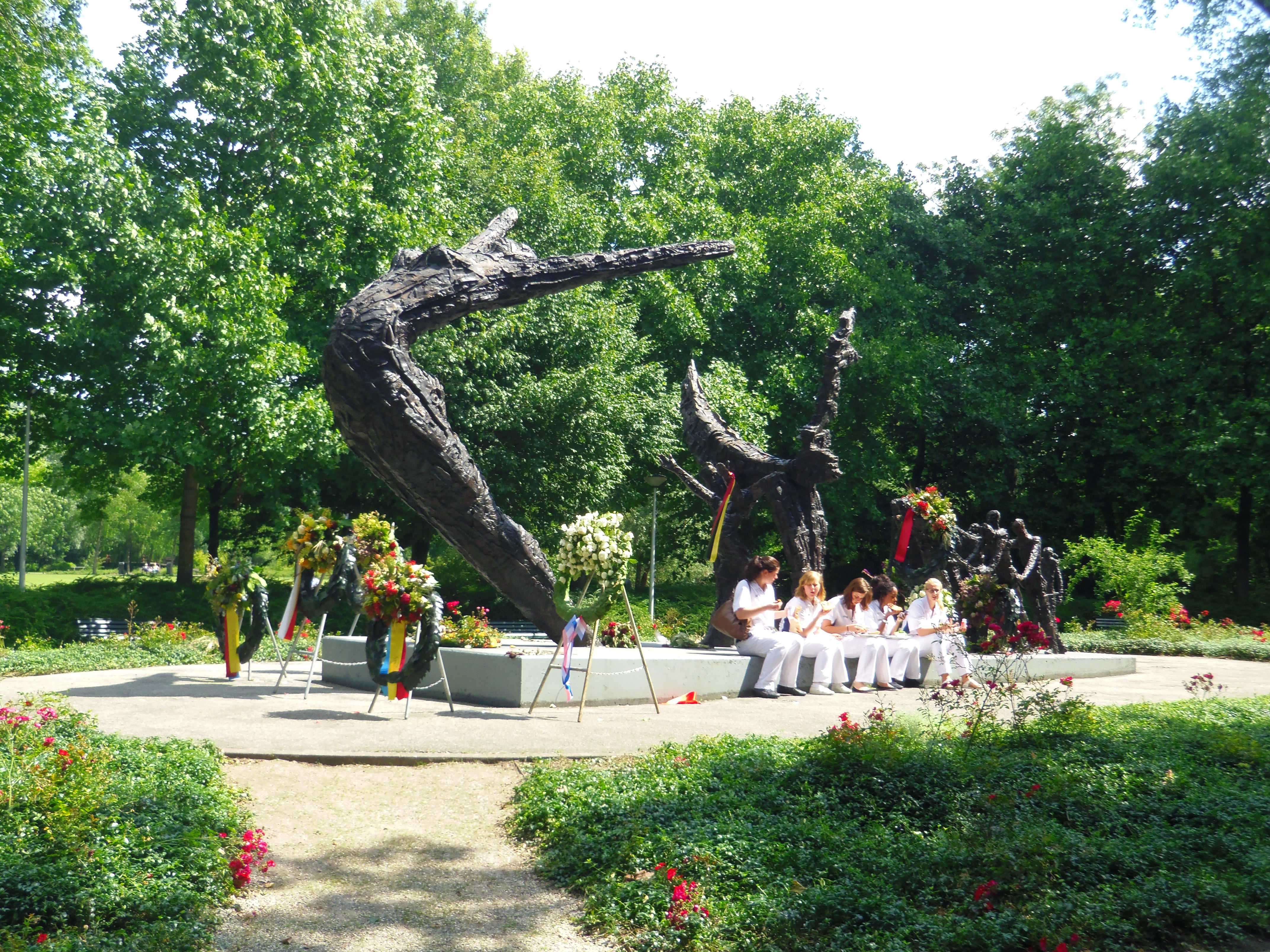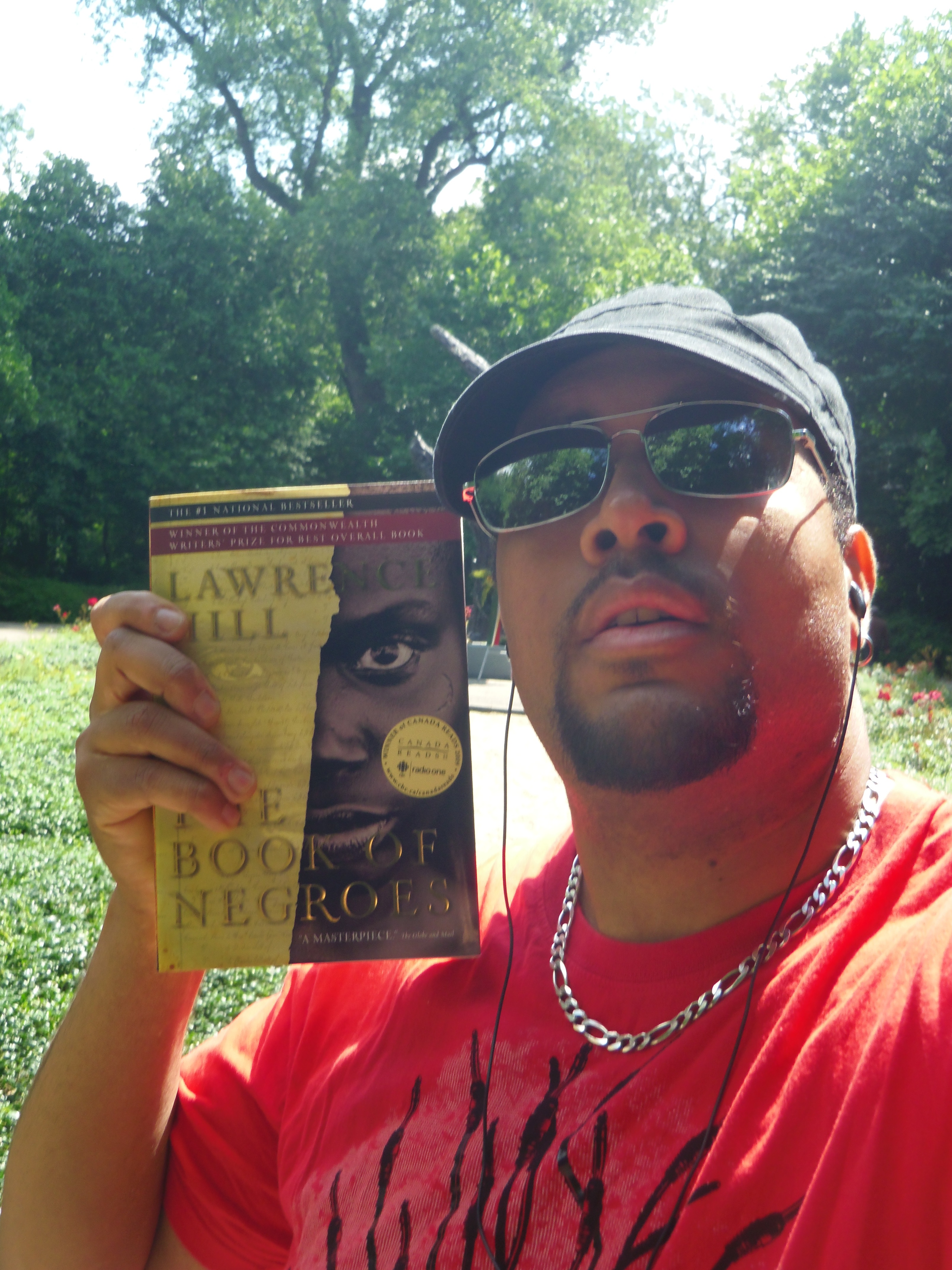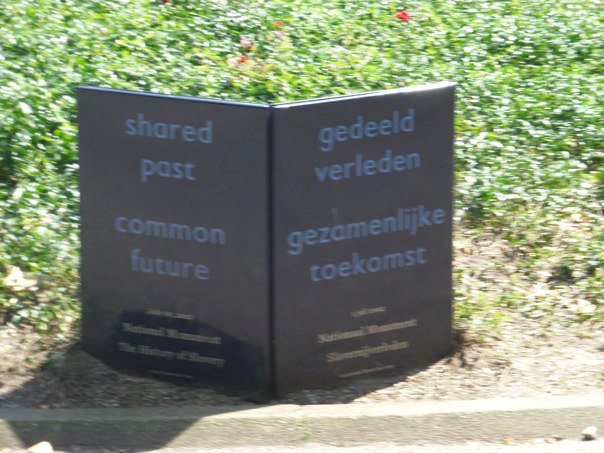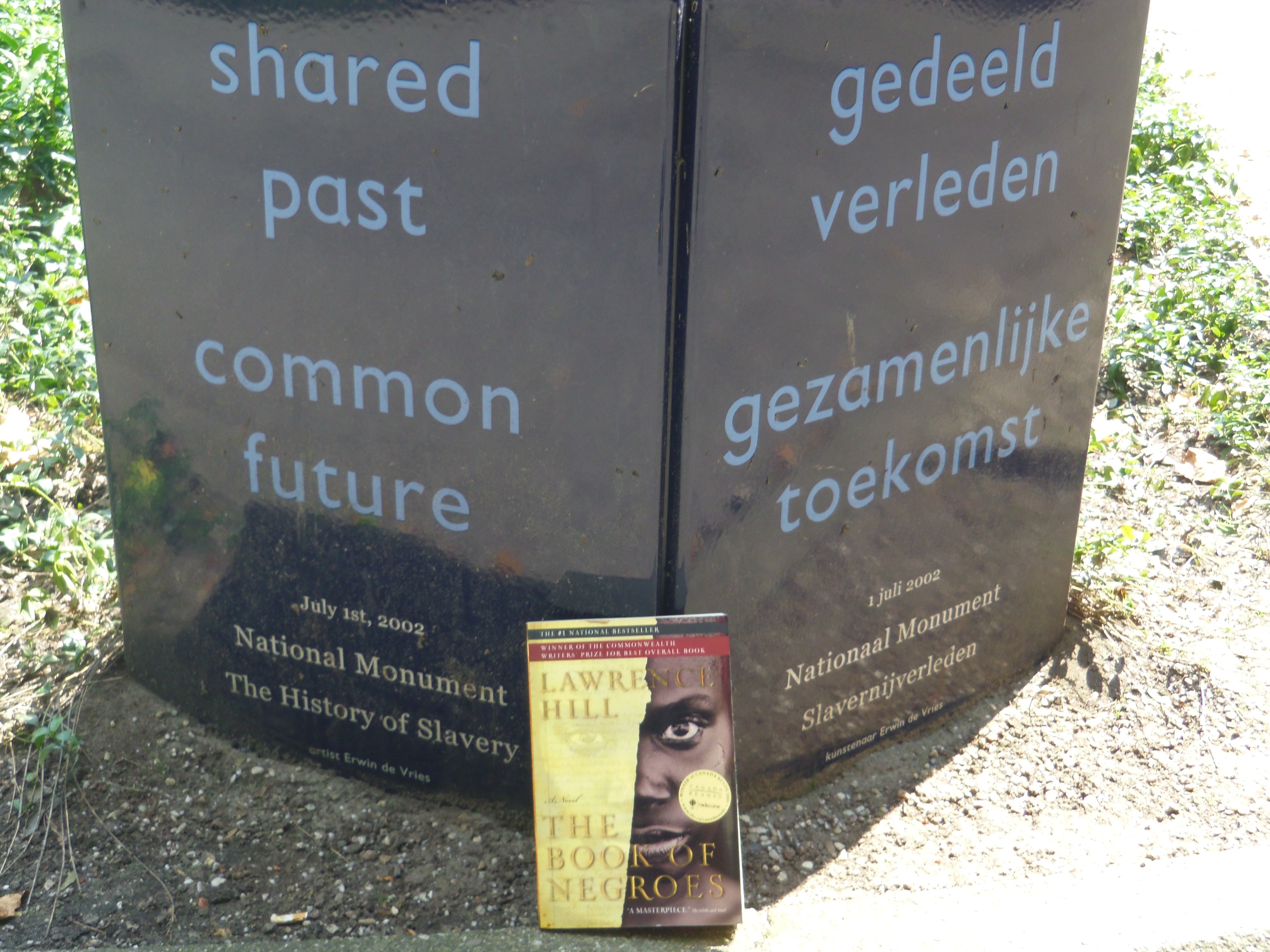For those of you who are noticing an alarming trend in my writing, I will come clean: I really like Canada. So much so, that I can’t seem to shut up about it. I’d apologize, but a) I’m not sorry, and b) I know that this glut of Canadiana is a passing phase, and I’ll have a new pet topic in a few weeks for you to get sick of. Anyway, as I was saying, I really like my country. There is, however, one aspect of Canadian life that I wish was more, dare I say, American – our stupid approach to hate speech:
The country’s highest court heard arguments pitting freedom of expression against laws banning hate speech Wednesday, setting the stage for an eventual ruling on what is more in need of protection: groups targeted with hatred, or a citizen’s right to speak freely. It could take the Supreme Court months to decide on which side they fall in the case of the Saskatchewan Human Rights Commission versus William Whatcott. The commission is appealing a decision that overturned its original ruling against Whatcott, who published and distributed four anti-gay flyers in towns and cities in Saskatchewan in 2001 and 2002. They led four people to file complaints with the commission.
As someone who feels most at home talking about things that make polite society squirm – religion, racism, poverty, the idea that people can actually be wrong about things – I place a premium on free speech. Penn Jillette likes to talk about the Second Amendment to the United States Constitution (the right of every citizen to own bear’s arms), saying that it’s the one that protects all the others. This, quite frankly, is militaristic nonsense. A gun doesn’t protect your right against unreasonable search and seizure – you pull a gun on a cop and that search all of a sudden becomes pretty fucking reasonable, amirite? [Read more…]






